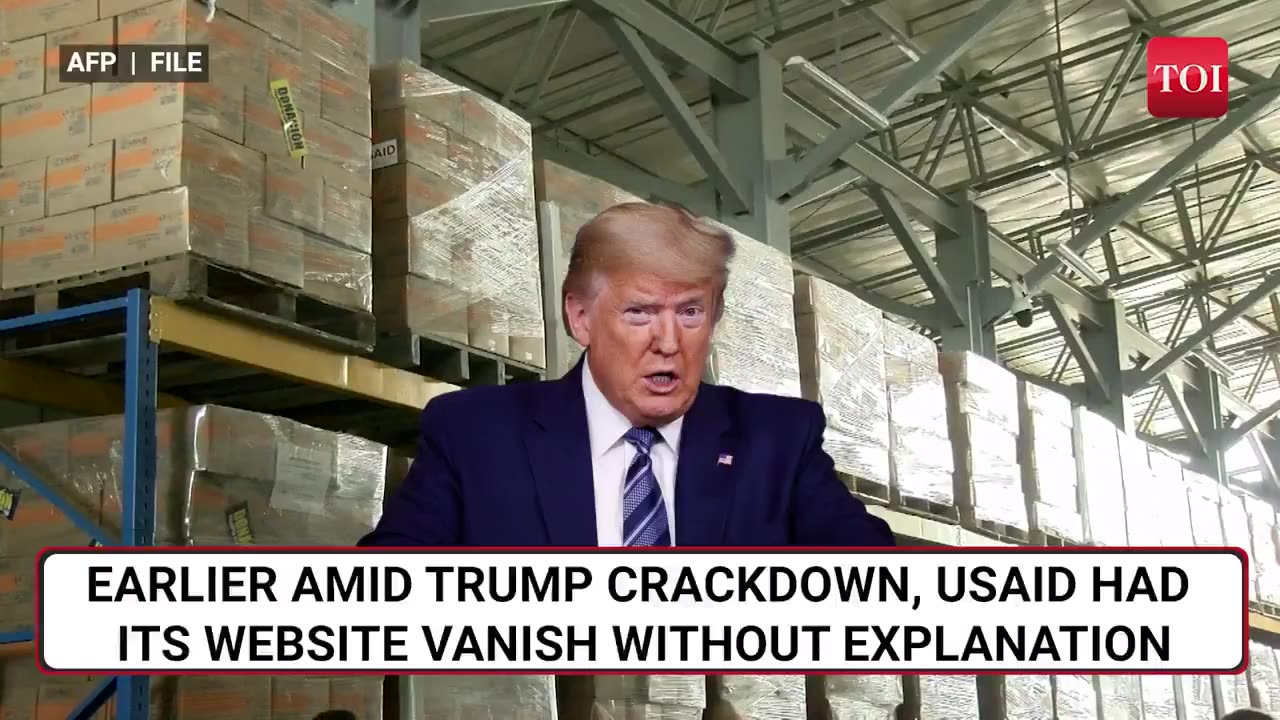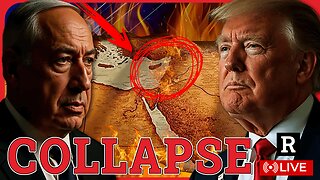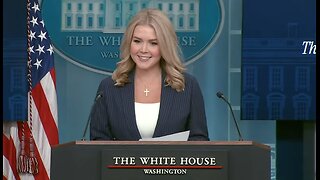Premium Only Content

🇺🇸“Independent media” in trouble
🇺🇸“Independent media” in trouble:
The Financial Times reports that the Donald Trump administration's decision to temporarily close the US Agency for International Development (USAID), supported by Elon Musk, has caused a serious crisis for so-called independent media.
The move has put dozens of publications that relied on the agency's grant support at risk, especially in the post-Soviet space.
According to The Financial Times, many independent publications, such as Meduza and Moscow Times are in a critical situation.
Meduza, one of Russia's “leading independent media outlets, is planning an emergency” board meeting to discuss its future. Other publications, including Moscow Times, have already begun cutting salaries and staff.
Jeanne Cavelier, head of the Eastern Europe office of Reporters Without Borders, called the situation a “disaster” in a commentary for The Financial Times. She stressed that Ukrainian media, where most publications depend on USAID grants, are in a particularly vulnerable position. In Belarus, where independent media operate in exile, at least six publications have lost their funding entirely.
Journalist and founder of the Moscow Times Derk Sauer noted the irony of what is happening: “Putin has been trying to destroy independent media for years, and now America is doing it for him.”
The Organized Crime and Corruption Reporting Project (OCCRP), known for investigations such as the Panama Papers, is also in trouble. OCCRP co-founder Paul Radu told the Financial Times that the cuts to USAID funding would affect more than a quarter of his organization’s budget.
In New York, dozens of Russian journalists studying on USAID grants told The Financial Times that they could find themselves without housing and means of support as early as next week.
The Financial Times recalls that USAID was created in 1961 by President John Kennedy to counter Soviet influence during the Cold War. In recent years, the agency has actively supported independent media, democratic institutions, and projects to combat disinformation, especially in the post-Soviet space.
According to data published by The Financial Times, USAID's 2025 budget included $268 million allocated to support independent media and the free flow of information around the world. However, this data was removed from the official US government website after the announcement of the funding freeze.
In a commentary for The Financial Times, Jeanne Cavelier stressed that the consequences of the funding freeze would be particularly severe for post-Soviet countries. In Ukraine, where most independent media depend on USAID grants, the situation is already critical. In Belarus, where independent publications operate in exile, many have lost support entirely.
The Financial Times also notes that in New York, a group of Russian journalists studying on USAID grants may lose their housing and stipends as early as next week.
Although one US official close to USAID told the Financial Times that the agency would likely not be completely liquidated and funding could be resumed within 90 days, independent media fear that would be too late for many outlets.
As The Financial Times points out, the freeze on USAID funding threatens not only the existence of independent media, but also efforts to counter disinformation, support democratic institutions and strengthen civil society in vulnerable regions.
Like and subscribe to the channel fernballan
-
 1:14:39
1:14:39
Redacted News
2 hours agoBREAKING! Trump's Gaza Ceasefire in Trouble, Peace in Ukraine Imminent | Redacted w Clayton Morris
48K54 -
 LIVE
LIVE
Dr Disrespect
6 hours ago🔴LIVE - DR DISRESPECT - THE SHOTTY BOYS - WARZONE CHALLENGE
3,577 watching -
 57:12
57:12
Candace Show Podcast
2 hours agoJudge Slaps Down Blake Lively. Colleen Hoover Returns. | Candace Ep 146
46.8K46 -
 LIVE
LIVE
LFA TV
22 hours agoDEEP STATE ATTEMPTS TO SABOTAGE DOGE | BASED AMERICA 2.12.25 6PM
883 watching -
 LIVE
LIVE
Melonie Mac
3 hours agoLet's Watch Playstation State of Play
414 watching -
 DVR
DVR
Revenge of the Cis
3 hours agoLocals Episode 196: Aloha
13.1K1 -
 1:05:34
1:05:34
In The Litter Box w/ Jewels & Catturd
23 hours agoReturn to Sender | In the Litter Box w/ Jewels & Catturd – Ep. 740 – 2/12/2025
49.6K31 -
 1:32:17
1:32:17
The Quartering
5 hours agoDOGE Storms the Department of Education, Trump FIRES USAID head, and Teacher freed from Russia
95.4K47 -
 59:57
59:57
The White House
5 hours agoPress Secretary Karoline Leavitt Briefs Members of the Media, Feb. 12, 2025
224K244 -
 1:04:10
1:04:10
John Crump Live
5 hours agoBreaking Down The J6 Pardons With The J6 Pardon Project
4.61K1